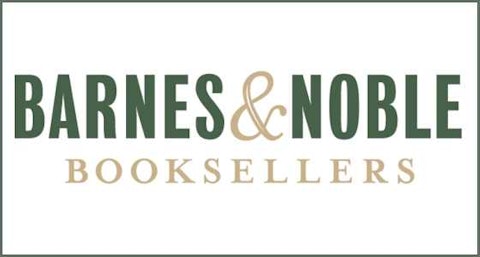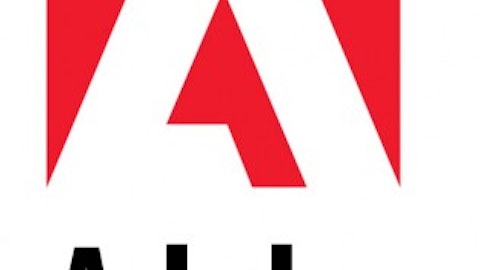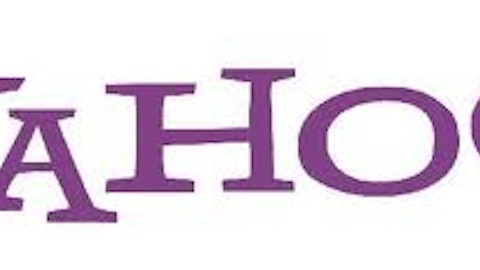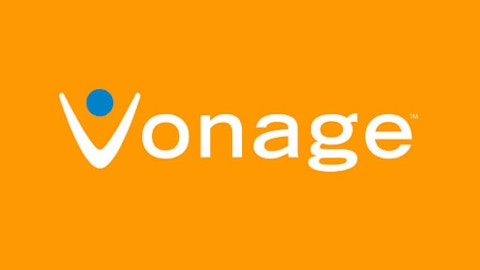With its announcement Tuesday that it is exiting the color tablet business, Barnes & Noble, Inc. (NYSE:BKS) has finally surrendered the multimedia tablet market to its much larger and well-capitalized rivals. This is a setback for its CEO William Lynch, brought on just three years ago to change fortunes at the struggling book retailer by making it competitive in the tablet business. Instead, Lynch and the company have discovered that the tablet business is even more competitive than the retail bookstore business.
Rising EBITDA losses for FY 2013 from its NOOK segment have finally caught up with slowly rising profits from its retail and college bookstores segment (see chart). In the latest April quarter, the loss at Barnes & Noble, Inc. (NYSE:BKS)’s NOOK segment wiped out the profit from the bookstores segment, resulting in an overall EBITDA loss of $122 million for the company. Even last year’s investment of $300 million by tech giant Microsoft Corporation (NASDAQ:MSFT) for a 17.6% stake in the Nook business, valuing that segment alone at $1.7 billion, seems to have not helped.

Who stands to gain
This is only a small investment for Microsoft, and not of much consequence to its shareholders. However, rumors that Microsoft could buy Barnes & Noble, Inc. (NYSE:BKS)’s e-book business for $1 billion, if proven true, could be a positive for both Microsoft and B&N shareholders. Given that B&N’s market-cap at Tuesday’s close was $934 million, the benefit to B&N’s shareholders is obvious, even if the e-book business purchase price ends up well below $1 billion.
Microsoft shareholders also stand to benefit from such a deal. After the purchase, Microsoft Corporation (NASDAQ:MSFT) would most likely discontinue the capital-intensive and highly competitive hardware manufacturing side of the NOOK business, integrating the NOOK bookstore and apps ecosystem into its Windows 8 platform. It would get immediate access to Nook’s 7 million active content subscribers, whom it can target with Surface tablets. Furthermore, Microsoft would own a digital book business and a robust NOOK ecosystem without having to build it from scratch, thereby enabling it to mount an effective challenge to Amazon (NASDAQ:AMZN) and Apple in the e-reading market.
Among NOOK’s tablet rivals, Amazon.com, Inc. (NASDAQ:AMZN) stands to gain the most from Barnes & Noble, Inc. (NYSE:BKS)’s exit from the color tablet business, with its Kindle Fire family of tablets. While Apple’s iPads are decidedly superior in design and ecosystem, and dominate the market with a 40% market share, even the cheapest iPad Mini — starting at $329 — is priced much higher than the Nook and Kindle tablets priced in the $199 and below range, and are simply out of reach for many first-time, budget-conscious consumers. Moreover, Amazon’s Kindle and Barnes & Noble, Inc. (NYSE:BKS)’s NOOK tablets are the most often compared in online reviews due to the similarity of product features and price points. It seems likely that with this latest development, Amazon.com, Inc. (NASDAQ:AMZN) will lose no time in flexing its marketing muscle to take-over a good portion of the market share left open by B&N’s exit.
Top funds sold prior to the drop
Barnes & Noble, Inc. (NYSE:BKS) was brought to our attention last month when our analysis of the collective buying and selling activity by 79 of our hand-picked legendary or guru fund managers ranked its stock at the bottom, at a GuruRank of 1.0 on a 1-to-5 scale (source: GuruFundPicks.com). Taken together, these top fund managers sold 0.88 million shares in the latest available March quarter, a sharp 31% reduction from their 2.87 million share position in the company at the end of the prior December quarter.
Our take
Where does B&N stock go from here? A B&N minus its Nook e-reader and tablet devices looks eerily similar to the now-defunct Borders Group, a rival bookstore chain that had to close its doors in 2011. But current B&N shareholders need not panic.
At prices in the $15-$16 range, its shares now trade at 0.14 times sales and 1.5 times book value, well below the 1.0 and 1.9 average for its peers in the diversified retail group (based on financial data from Zacks.com). Also, its only pure-play retail bookstore peer, Books A Million (NASDAQ:BAMM) , is trading at just 0.08 times sales and 0.4 times book value, while online rival Amazon’s shares are trading at 1.9 times sales and 14.6 times book value.
Using even Books A Million’s multiples — a conservative assumption, given Barnes & Noble, Inc. (NYSE:BKS)’s far better competitive position — would value B&N’s bookstore business alone at a minimum of $300 million to $500 million. The possibility of Microsoft buying the e-Book business puts an effective floor on the stock in the $13-$15 range. And the upside potential is high, given that the buyout could be as high as $1 billion or more.
Furthermore, the stock is ripe for a short-squeeze once the selling is over. B&N’s short interest is up to 7.4 million shares, accounting for 28% of the outstanding shares. We believe that with limited downside and a potentially high upside, the risk-to-reward ratio for the stock is attractive here, and we would start scaling into it, adding more as it dips below $15 towards the $13 range that we consider to be a floor for the stock.
Manish Babla of GuruFundPicks.com has no position in any stocks mentioned. The Motley Fool recommends Amazon.com, Apple, and Google. The Motley Fool owns shares of Amazon.com, Apple, and Google. Manish is a member of The Motley Fool Blog Network — entries represent the personal opinion of the blogger and are not formally edited.
The article Is Barnes & Noble Going the Way of Borders originally appeared on Fool.com and is written by Manish Babla.
Copyright © 1995 – 2013 The Motley Fool, LLC. All rights reserved. The Motley Fool has a disclosure policy.






